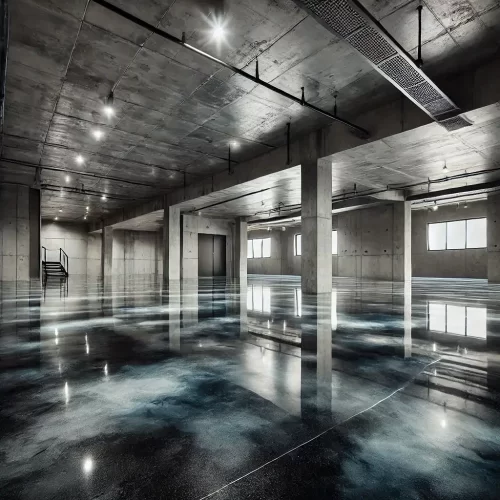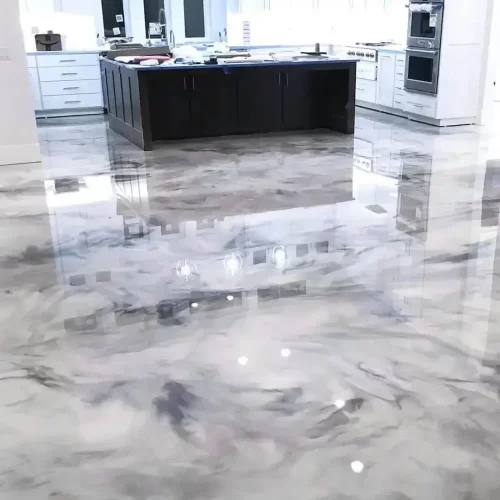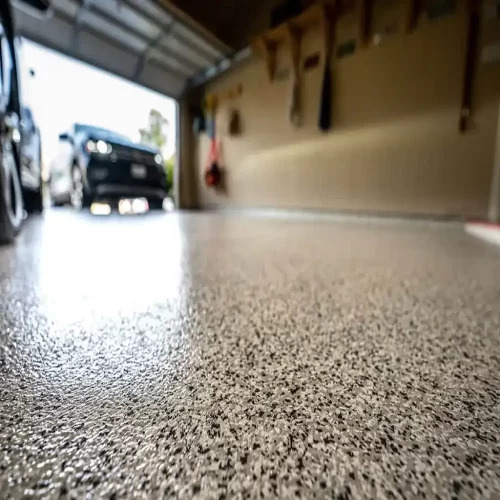Resin Flooring
Home / Resin Flooring
Premium Resin Flooring Solutions in Dubai & Abu Dhabi
Elevate your space with our high-quality resin flooring solutions, the perfect blend of durability and aesthetics. Whether you’re looking for resin flooring in Dubai, resin flooring in Abu Dhabi, or a reliable resin garage floor, we’ve got you covered. Our range includes resin floor coating, self-leveling epoxy resin, and the best outdoor epoxy resin for concrete. Enhance your interiors with clear epoxy resin for floors, offering a seamless and polished look. Buy the best resin flooring at unbeatable prices to transform your floors today.
As leading resin flooring wholesalers in Dubai and Abu Dhabi, we offer competitive prices for bulk purchases. Check our wholesale price offers—call now at 0566-00-9626 for exclusive deals.
Looking for the Best Resin Flooring Shop/Store in Dubai and Abu Dhabi for Residential and Commercial Projects?
Look no further! Our resin flooring shop in Dubai and resin flooring store in Abu Dhabi cater to all your flooring needs for both residential and commercial projects. With dedicated branches in Dubai and Abu Dhabi, our expert team ensures personalized solutions for every project. Whether it’s durable resin flooring for commercial spaces or elegant resin flooring for homes, we provide unmatched quality and service. Visit our stores to explore options like self-leveling epoxy resin, resin floor coating, and more. Trust our professional team to deliver excellence. Buy from the best! Contact us today for details.

Outstanding Features of Our Resin Flooring Solutions
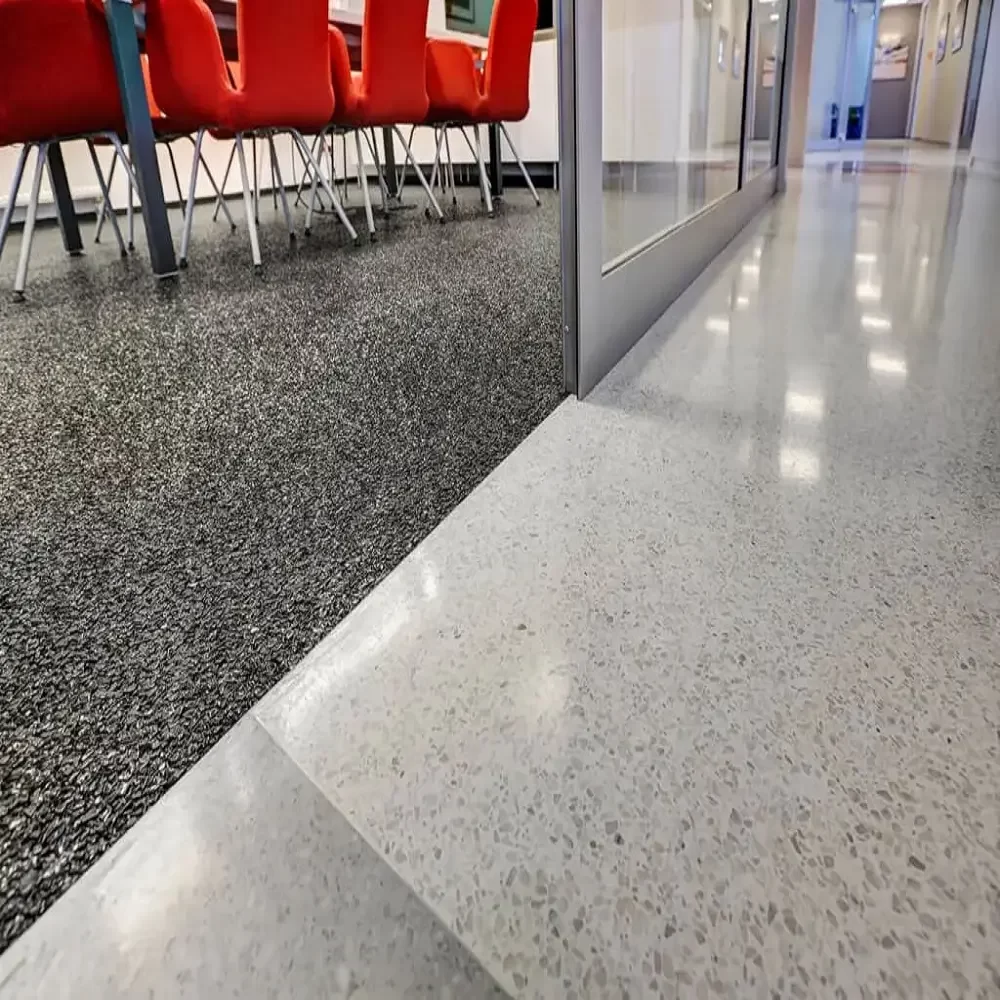
- Antibacterial: Ensures a hygienic surface, perfect for homes and commercial spaces.
- Fire Rated/Fire Coated/Antifire: Provides superior fire resistance for enhanced safety.
- Eco-Friendly: Crafted from sustainable materials, contributing to a greener environment.
- Waterproof Materials: Offers excellent resistance to moisture and spills, ideal for all spaces.
- Anti-Slip/Anti-Skid: Designed for safety, reducing the risk of accidents.
- Free Interior Design Service: Enjoy professional guidance to choose the perfect resin flooring for your space.
Get Up to 50% Discount on Premium Resin Flooring!
Wholesale Orders: For projects requiring over 1000 square meters, enjoy up to 50% discount on our high-quality resin flooring. Take advantage of this incredible sale offer to buy the best products for your large-scale residential or commercial projects. Don’t miss out on this exclusive opportunity to save big while ensuring premium results. Contact us today to secure your bulk order!
Retail Orders: Transform your space with our resin flooring and enjoy up to 30% discount on retail purchases. This is your chance to buy the best flooring solutions at unbeatable prices. Grab this limited-time offer now!
Explore the Versatile Types of Resin Flooring We Provide
- Epoxy Resin Flooring: Durable and seamless, ideal for both residential and commercial spaces with excellent resistance to wear, chemicals, and stains.
- Polyurethane Resin Flooring: Flexible and impact-resistant, perfect for areas with heavy foot traffic or mechanical use.
- Self-Leveling Resin Flooring: Creates a smooth, flawless surface, suitable for uneven floors in residential, commercial, or industrial settings.
- Antibacterial Resin Flooring: Designed for hygiene-sensitive environments like hospitals and kitchens, offering superior cleanliness and safety.
- Decorative Resin Flooring: Customizable in colors and patterns to enhance aesthetics in modern interiors.
- Anti-Slip Resin Flooring: Ensures safety in wet or high-risk areas, reducing the chances of slips and falls.
Discover the Incredible Benefits of Our Resin Flooring
- Durability: Resin flooring dubai offers exceptional strength, making it resistant to wear, impact, and heavy loads, perfect for long-lasting performance.
- Low Maintenance: Easy to clean and maintain, saving time and effort while keeping your space looking pristine.
- Seamless Finish: Provides a smooth, joint-free surface that enhances aesthetics and prevents dirt buildup.
- Chemical Resistance: Ideal for industrial and commercial use, offering superior protection against chemicals, oils, and spills.
- Eco-Friendly: Made from sustainable materials, supporting green building initiatives.
- Customizable Designs: Choose from a wide range of colors, patterns, and finishes to match your style.
Versatile Applications of Our Resin Flooring Solutions
- Residential Spaces: Ideal for homes, providing a seamless and stylish resin flooring dubai finish that’s durable, easy to clean, and enhances interior aesthetics.
- Commercial Areas: Perfect for resin flooring dubai offices, retail stores, and showrooms, offering durability and a professional, polished appearance.
- Industrial Facilities: Withstand heavy machinery, chemicals, and high traffic in factories, warehouses, and production areas.
- Healthcare Environments: Antibacterial properties make it ideal for resin flooring dubai hospitals, clinics, and laboratories, ensuring hygiene and safety.
- Garages and Workshops: Durable and chemical-resistant, perfect resin flooring dubai for withstanding spills, stains, and wear.
- Outdoor Spaces: Weatherproof and anti-slip, ideal for patios, driveways, and other external areas.
Your Trusted Resin Flooring Supplier Across All Emirates of the UAE
We are proud to be the leading resin flooring supplier serving all emirates of the UAE, including Dubai, Abu Dhabi, Sharjah, Ajman, Fujairah, Ras Al Khaimah, Umm Al Quwain, and Al Ain (Abu Dhabi). Our high-quality resin flooring solutions cater to diverse needs, from residential to industrial and commercial projects. Whether you need resin floor coating, self-leveling epoxy resin, or antibacterial flooring, we ensure quick delivery and professional service in every emirate. Buy the best resin flooring today and experience top-notch quality and exceptional service across the UAE. Contact us for exclusive offers!
Our Gallery
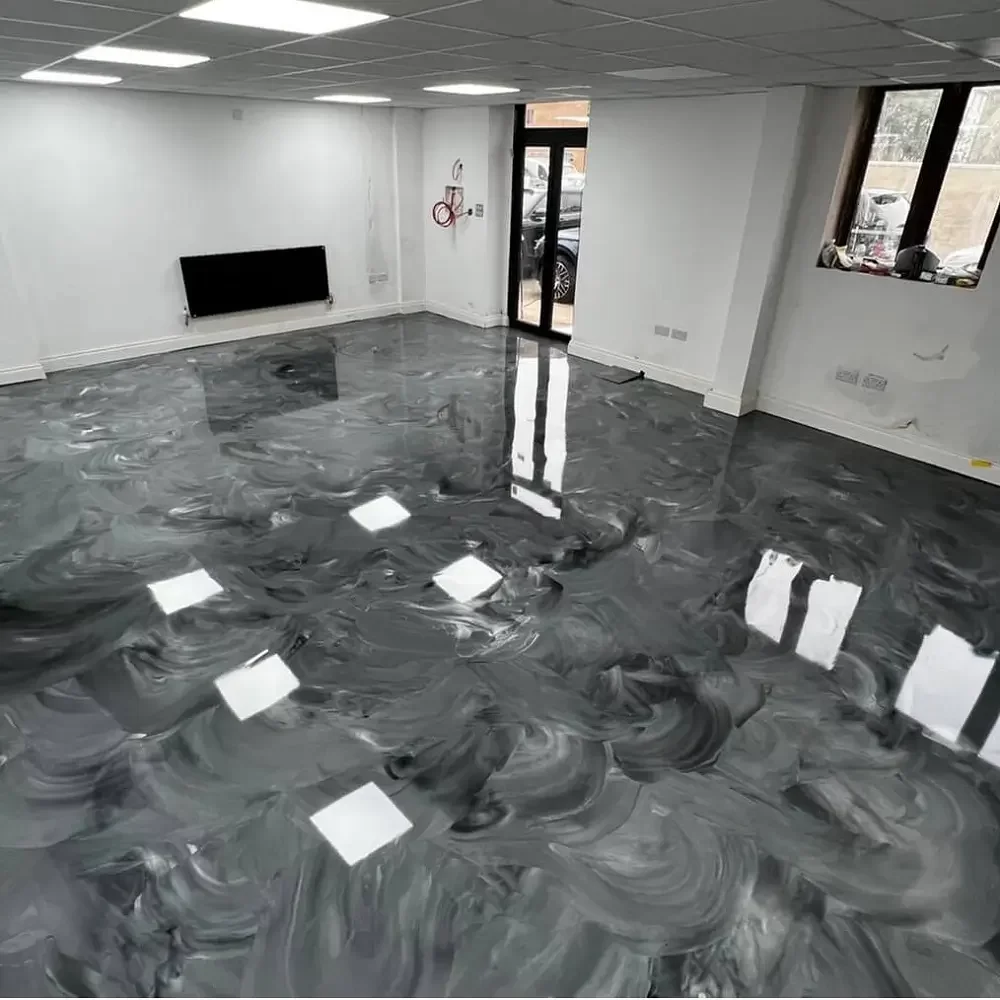





Why Choose Us for Resin Flooring Abu Dhabi?
- Unmatched Quality: We provide top-tier resin flooring abu dhabi for residential, commercial, and industrial needs.
- Wide Range of Options: From self-leveling epoxy resin to resin flooring abu dhabi, we have solutions to suit every project.
- Expert Team: Our experienced professionals ensure seamless installation and exceptional results.
- Eco-Friendly Materials: We prioritize sustainability with environmentally conscious resin flooring abu dhabi options.
- Competitive Pricing: Enjoy cost-effective solutions, including exclusive wholesale offers for bulk purchases.
- On-Time Delivery: Reliable and prompt service across all emirates, including Dubai and Abu Dhabi.
- Customer Satisfaction: Trust us to deliver durable, stylish, and functional resin flooring abu dhabi.
Our Expert Resin Flooring Installation – Our Installation Team Works 24/7!!
When it comes to resin flooring installation, our expert team is second to none. We specialize in resin garage floors, offering durable and long-lasting solutions for both residential and commercial spaces. Our professional installers ensure seamless resin floor coating for a smooth, high-quality finish. We provide the best outdoor epoxy resin for concrete, ideal for patios and driveways, along with clear epoxy resin for floors for that sleek, polished look. Additionally, our self-leveling epoxy resin ensures a flawless surface. Contact us today for the best resin flooring installation with unbeatable quality and reliability!
FAQs About Resin Flooring
A: Resin flooring is a durable, seamless flooring solution made from synthetic resins like epoxy, polyurethane, or MMA, designed to offer excellent protection, aesthetics, and performance for various environments.
A: Benefits include durability, low maintenance, chemical resistance, seamless finish, eco-friendliness, and customizable designs. It’s also anti-slip, impact-resistant, and easy to clean, making it ideal for both residential and commercial spaces.
A: Yes, resin garage floors are highly suitable due to their resistance to chemicals, oils, stains, and heavy traffic, offering a smooth, durable, and easy-to-clean surface.
A: Resin flooring can be applied in residential areas, commercial spaces, industrial environments, garages, hospitals, schools, warehouses, and outdoor spaces, such as driveways and patios.
A: When properly installed and maintained, resin flooring can last for 10-20 years, depending on the type of resin used and the conditions of the environment.
A: Yes, we supply and install resin flooring all across Saudi Arabia, including cities such as Riyadh, Jeddah, Mecca, Medina, Khobar, Dammam, Al Khobar, Tabuk, and Abha, as well as throughout the Gulf region and the Middle East.
A: Yes, we supply and install resin flooring all across Oman, including cities like Muscat, Salalah, Sohar, Nizwa, Barka, Sur, Bidayah, Ibri, and Rustaq, as well as throughout the Gulf region and the Middle East.
A: Yes, we supply and install resin flooring all across Qatar, including cities like Doha, Al Rayyan, Al Khor, Al Wakrah, Mesaieed, Umm Salal, Lusail, Al Daayen, and Al Shamal, as well as throughout the Gulf region and the Middle East.

